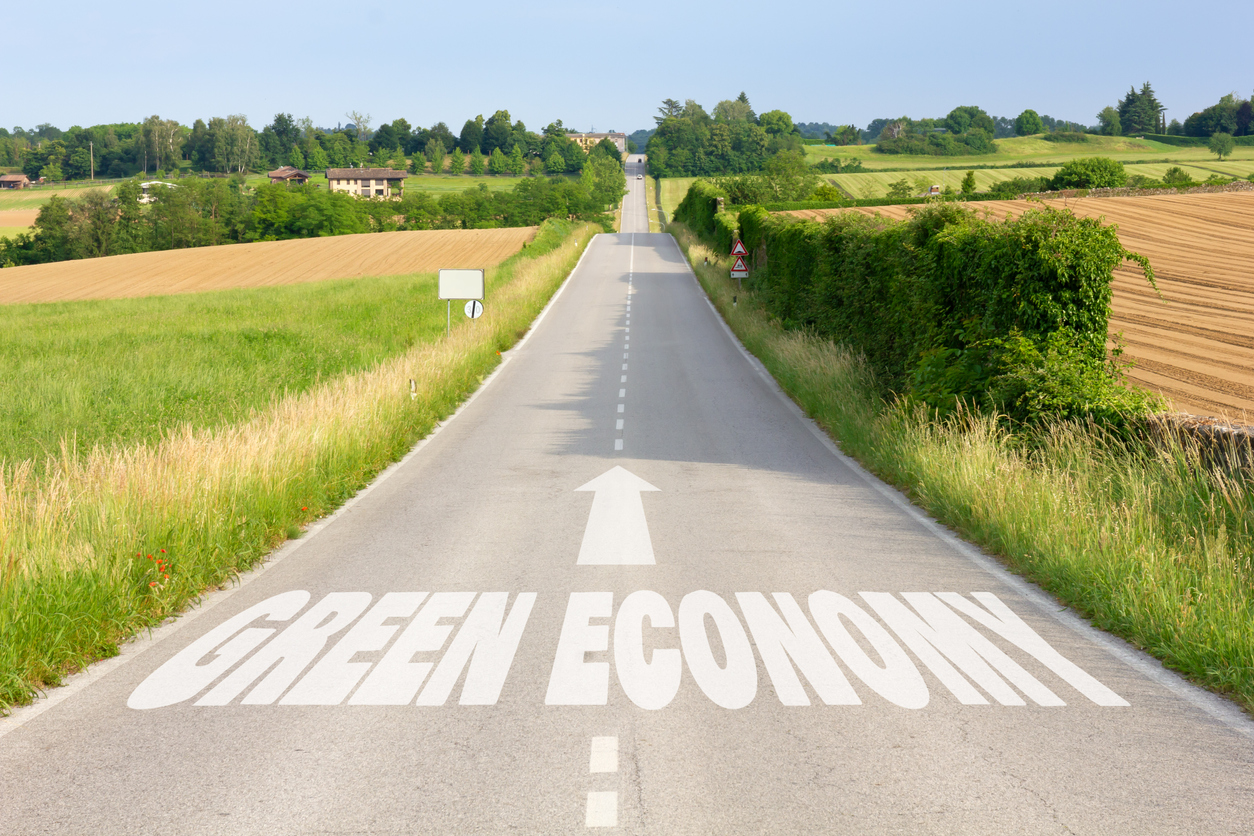
May 17, 2022
India is getting closer to its goal of achieving zero carbon emissions by 2070 and will install 500GW of non-fossil fuel capacity by 2030.
India’s vast renewable energy resource potential and a robust policy have helped the country lay a strong foundation to achieve these goals.
India has seen tremendous growth in renewable energy capacity in the last seven years and has achieved 40% of the aggregate electric capacity from non-fossil fuels in FY21.
India plans to increase its domestic manufacturing of high-efficiency solar PV modules for which a budget outlay of INR 24,000 has been set aside.

Bhagwant Khuba, the Union Minister of State for New and Renewable Energy extended an invitation to global investors to invest in India’s clean energy industry as he emphasized that projects worth US$ 196.98 billion are in progress in the country.
During his keynote speech at Intersolar Europe 2022 on “India’s Solar Energy Market,” in Munich, Germany, Khuba also stated that under Prime Minister Modi’s ambitious Panchamrit targets set during COP26, India is getting closer to its goal of achieving zero carbon emissions by 2070 and will install 500GW of non-fossil fuel capacity by 2030. India’s vast renewable energy resource potential and a robust policy in place have helped the country lay a strong foundation to achieve these goals.
He also pointed out that India has seen tremendous growth in renewable energy capacity in the last seven years and has achieved 40% of the aggregate electric capacity from non-fossil fuels in FY21, which is nine years ahead of the set 2030 target .
To promote domestic manufacturing in the solar photovoltaic (PV) sector, the government has undertaken several ambitious deployment goals and various policies have also been put in place. India is also determined to increase its domestic manufacturing of high-efficiency solar PV modules for which a budget outlay of INR 24,000 has been set aside. In addition, the country has also earmarked an outlay of INR 25,425 crore to promote a green hydrogen economy.